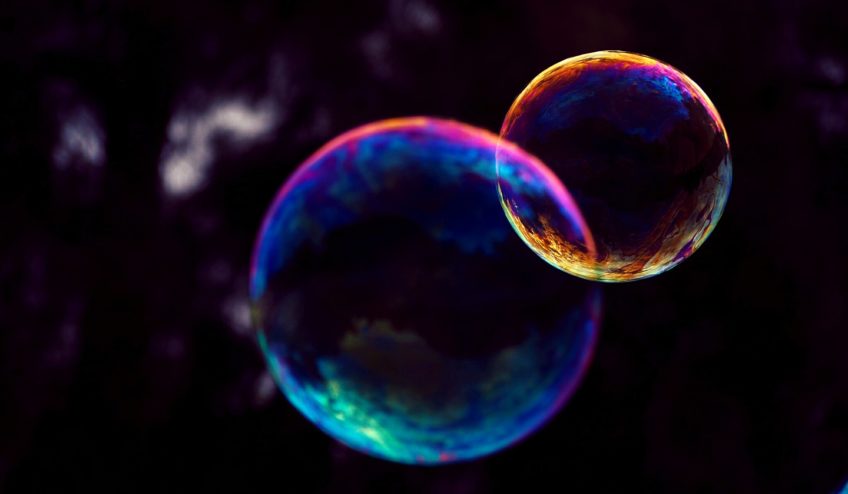Bubbles. We live in them, so they say. We convince ourselves they are real and that this is how life is. We talk to people who share our point of view, we read material that supports it, we listen to podcasts by like-minded people. We are aware of (some) other opinions, but try to pretend they aren’t really true, or aren’t in this place, or are less significant than ours, or are shocking and unacceptable. We become aware of new issues, make up our minds, and join the relevant bubble.
And then it gets popped? Maybe that’s carrying the metaphor too far…
This week I met a friend who, it turns out, belongs in a totally different bubble as far as vaccination for Covid-19 is concerned. It was a shock to both of us, though we both should have known. We reacted in different ways. My friend went away, and returned armed with passionate opinions and a speech. Speech delivered, it seemed the crisis was over. I was stunned for some time after, both by the discovery of the difference of opinion and by the speech (I am never at my best in factual debate). Looking back, it seems I am totally unswayed by any of the facts I heard. They move me not one jot from my position. I am not even certain they are facts, and am not convinced enough to find out, even though a friend holds them and did their best, quite lucidly, to convince me.
It seems like bubbles are quite difficult to pop. We like our bubbles.
But I think being aware of my friend’s bubble is probably a good thing. Being aware it’s so close to mine, in the same country, in a long-standing friend, unexpected. Being aware that good people can hold views diametrically opposed to mine, but can still be kind and hospitable and generous and funny.
Probably, bubbles can overlap. That isn’t difficult to accept in a friend.
After all, my friend has a lot in common with me. It probably isn’t their fault they are wrong about this thing, right? I can love them anyway. But what about my enemy?
If we are going to manage loving our enemies, we probably need to identify them. They are people with whom we agree about nothing much, so they might not have any overlapping bubbles. They are the people who are only ‘them’, who don’t exist as real personalities. We might ignore them, or avoid them, or genuinely not know they exist. They aren’t in our bubbles, after all. And it’s my bubble that’s real, not theirs, so they don’t matter.
In fact, our enemies might not be easy to find, if the skin of our bubbles is too thick. We might not be able to see out.
Theme photo by Marc Sendra Martorell on Unsplash


One Response to “Bubbles”
Fiona
This is brilliant, thanks Adelah